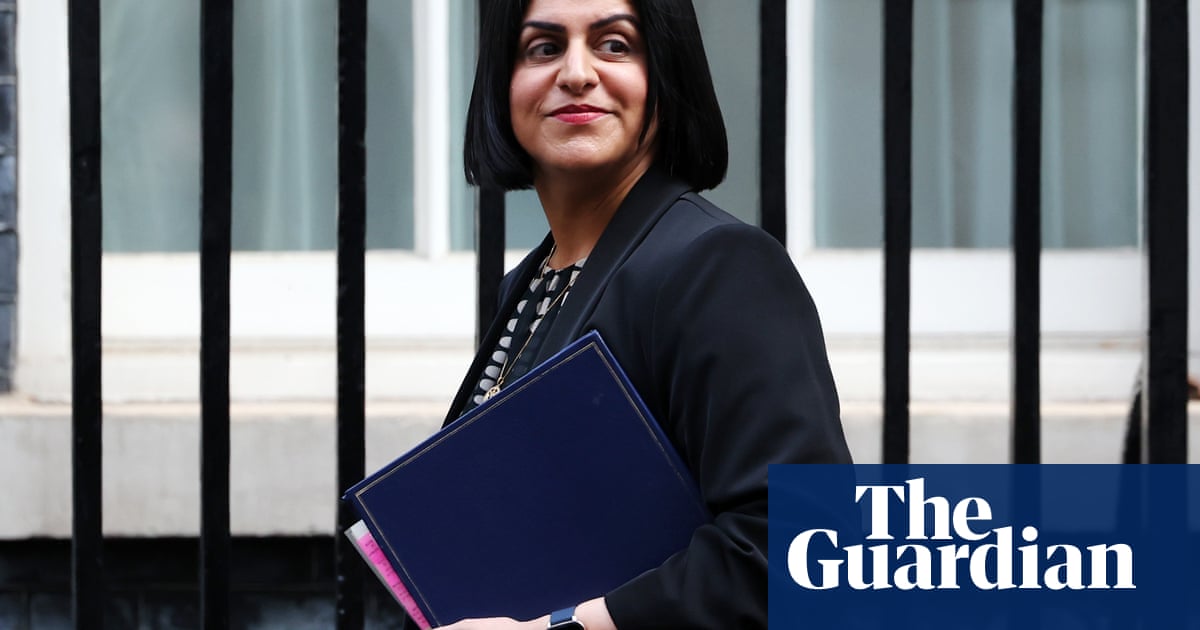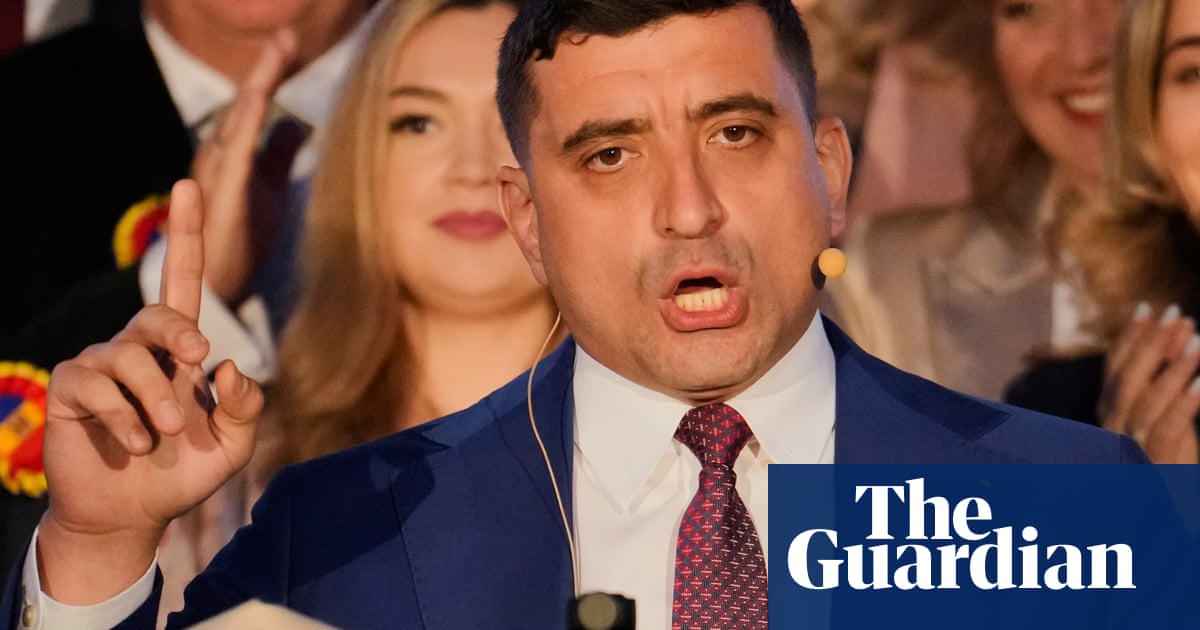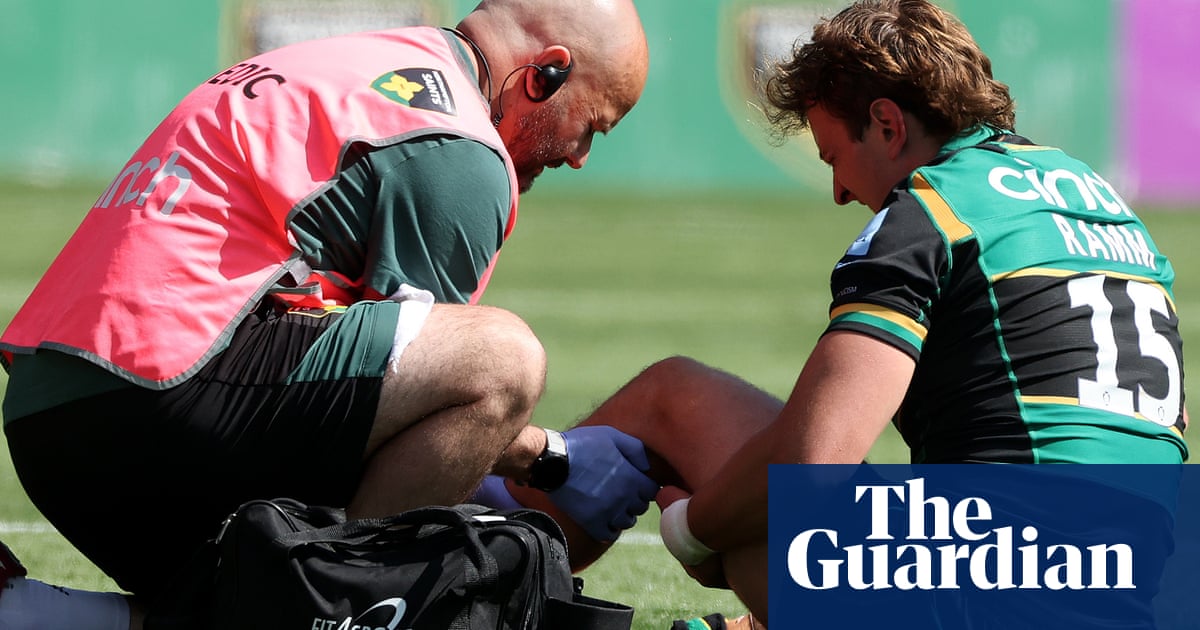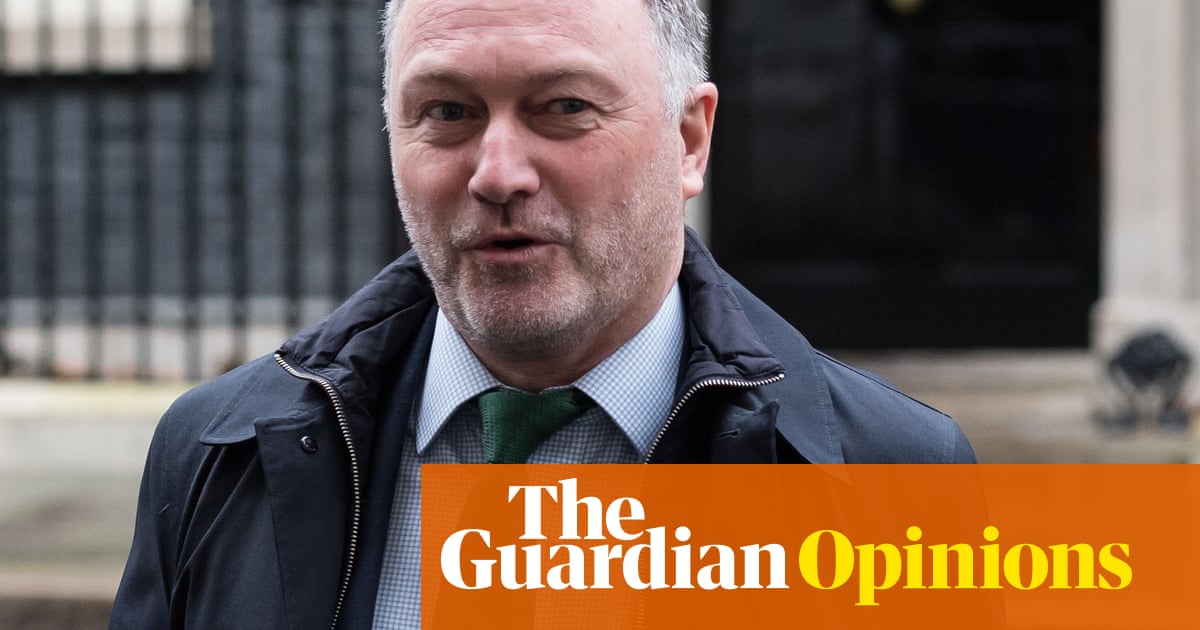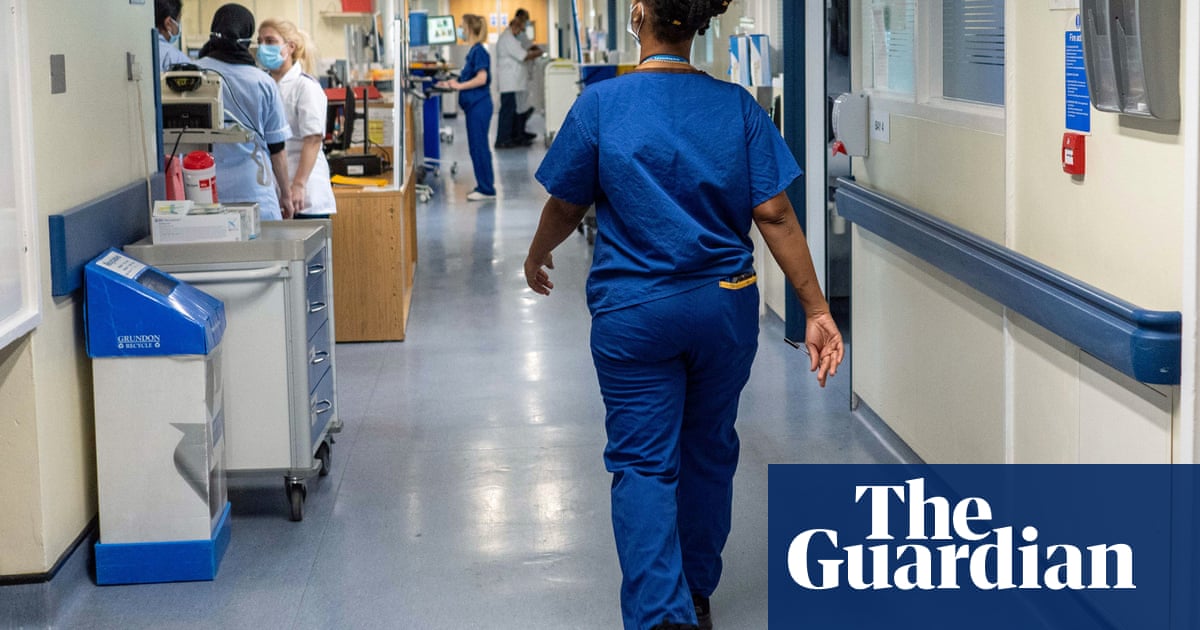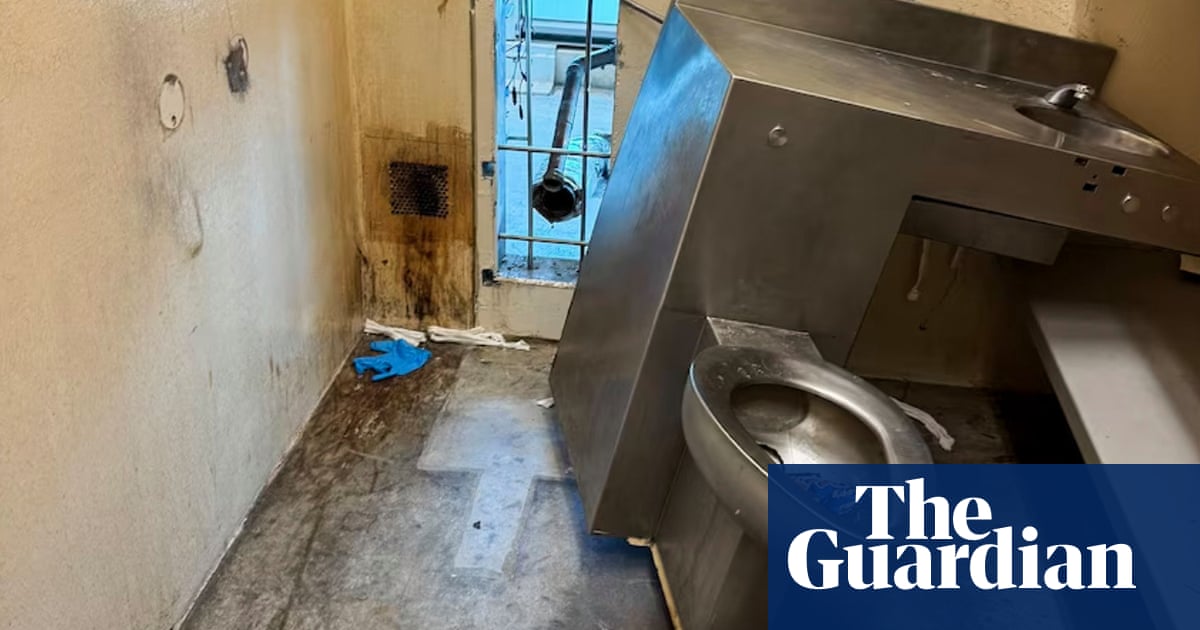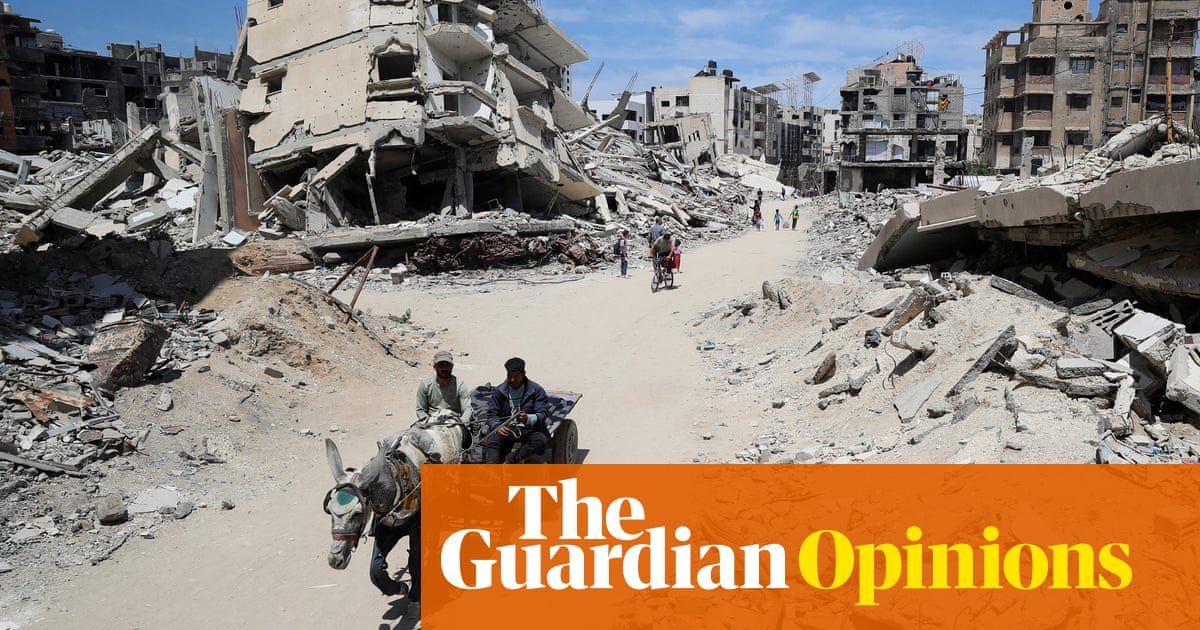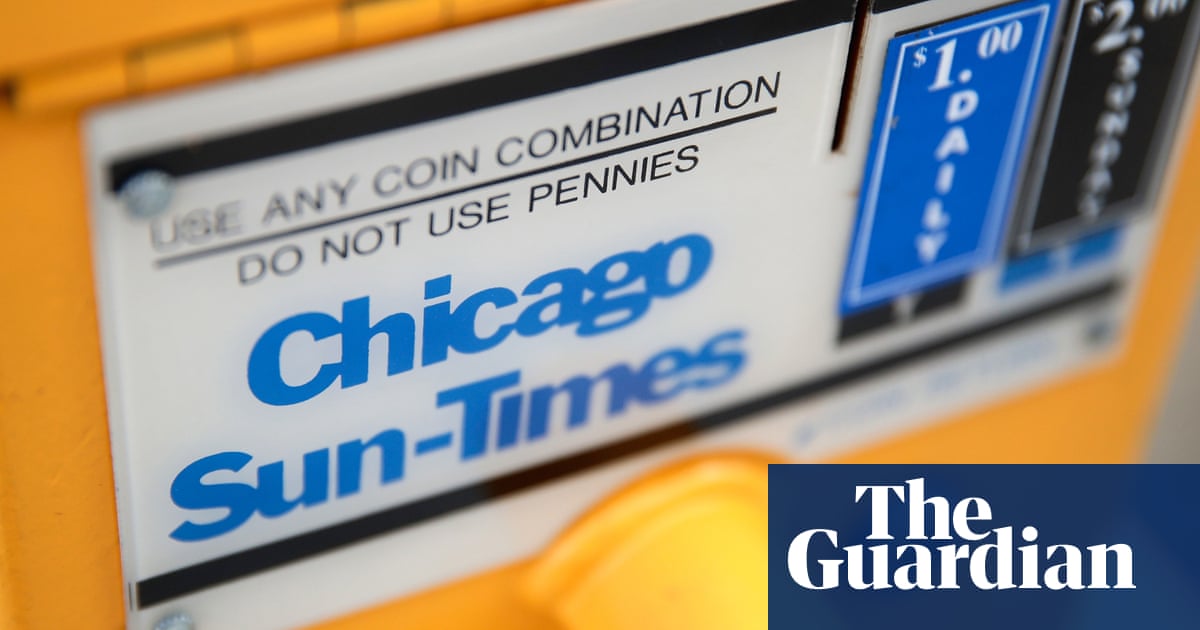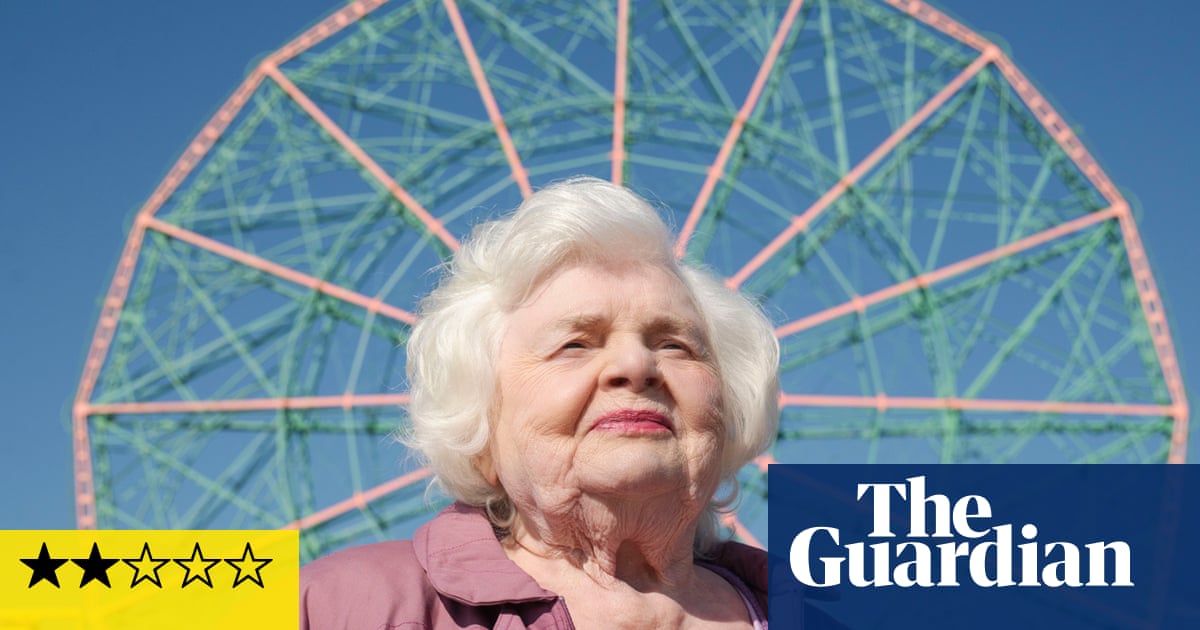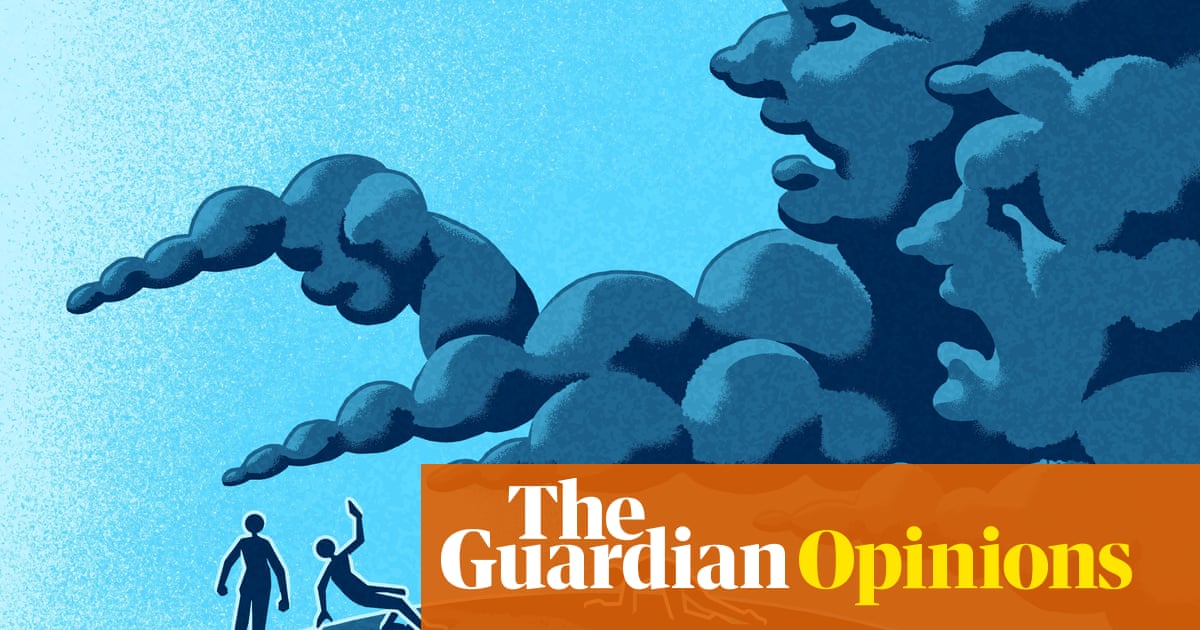Thank you for Sheila Hale’s long read about her family experience of stroke (My husband and son suffered strokes, 30 years apart. Shockingly little had changed, 15 May). I remember reading her book as a junior doctor and despairing at the differences between the stroke and neurorehabilitation units that I worked on. This drove my career to stroke medicine, particularly rehabilitation.
In 2021, without the technology to give thrombolysis beyond four and a half hours after a stroke, Sheila’s son was unfortunately one hour over time and the risks of severe brain bleeding outweighed the benefit. CT perfusion techniques mean that this time constraint is reducing, and mechanical thrombectomy is becoming more individually based and more available.
Sheila is right to highlight that delivering the intensity of rehabilitation required in the NHS is a huge challenge – the inpatient and community teams I work with continually change what they do to use what resources they have, but we are constantly told there is no more money.
The attitudes of doctors reflected in Sheila’s article sadden me, as prognostication in early stages is difficult and younger brains show greater capacity for recovery and adaptation. There is, however, that delicate balance of hope, uncertainty and reality. Perhaps this article will spark a campaign for post-discharge neurorehabilitation gyms in every locality. The evidence supports it. A stroke is often not the end, but it is a difficult journey to a new type of life.
Dr Jessica Beavan
Consultant stroke physician, Derby
Sheila Hale highlights a tragic and unacceptable truth. For decades, rehabilitation has remained the poor cousin of surgery and medication in the NHS. Physiotherapy services are starved of the staff and equipment to deliver effective rehab. They are told to limit the number of times they can see a patient, and for how long. In effect, they are prevented from doing their jobs. The impact on patients is stark, as seen in this article. The impact is also harsh on physiotherapy staff themselves, who must explain this reality each day and go home every night feeling they have let their patients down.
The NHS wouldn’t tell a surgeon to stop an operation halfway through. A pharmacist wouldn’t hand out 40% of a course of antibiotics. So why is it OK for patients to be denied a full course of rehabilitation?
Sara Hazzard
Assistant director, the Chartered Society of Physiotherapy; co-chair, the Community Rehabilitation Alliance
Sheila Hale mentions mechanical thrombectomy, a procedure to remove blood clots from the brain. This is available at 24 hospitals in the country, but can be done 24/7 at only six of them. So in York if you have a stroke that is suitable for this procedure, it is only available at the hospital in Hull Monday to Friday 8am to 4pm. I wrote to our local MP, Luke Charters, about this and he contacted the Department of Health, which said there were no plans to bring the service to the York and Scarborough Trust. Maybe when the NHS is sued for negligence in not providing this, things may change.
Sally Simpson
York
It is true that many stroke patients feel abandoned by the NHS, as Sheila Hale states. But our work with patients at the Pulross Centre in Brixton, a rehabilitation unit that is part of St Thomas’ hospital in London, is reducing that. We deliver a weekly gardening session for patients, and when they are discharged, we gift them a plant to grow at home. If they don’t have a garden, we try to link them to a community garden or gardening group in a local healthcare setting.
We introduced this during the pandemic when our gardens were closed and stroke patients were self-isolating; several felt alone and forgotten. We have used the gift of a plant or seeds as an expression of connectedness between all of us and to let our stroke patients know they are not abandoned by the NHS.
Edward Rosen
London

 4 hours ago
5
4 hours ago
5

